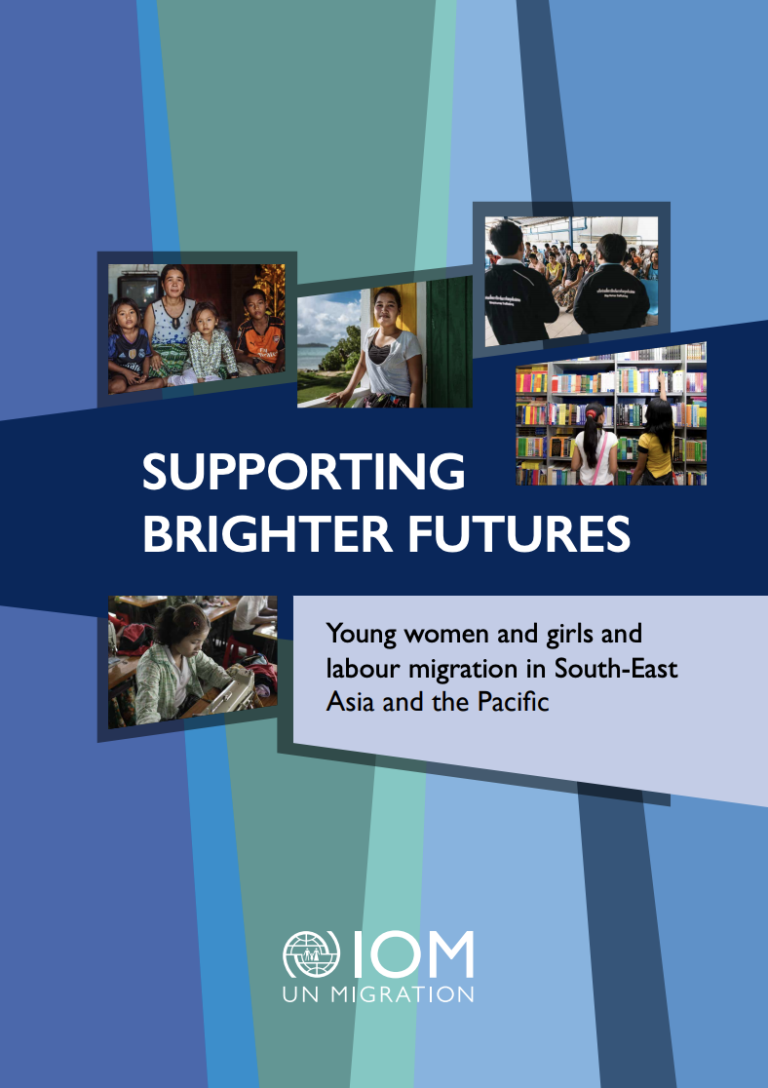At first glance, this research publication may seem niche, perhaps relevant only to “fringe” aspects of international migration. Historically, we know from decades of studies, data collection and analysis that there has been a strong bias toward the migration of young, working age-people who “self-select”’ (i.e. choose) to migrate internationally in order to realize opportunities in other countries. Outside of displacement settings, and especially for irregular migration, empirical findings also show that young men have tended to undertake the more uncertain or riskier forms of migration. However, there is also growing recognition of incremental shifts in migration patterns and processes, with increasing numbers of young women and adolescent girls undertaking migration independently (as opposed to being part of a family unit), including via irregular migration and smuggling routes.
Social changes and greater empowerment of women and girls, including through greater access to information and resources via ICT, means that the labour migration of young women and girls is a current issue that we must increasingly grapple with. Policies and practices designed to severely reduce (if not eradicate) unsafe, disorderly and irregular migration that places these migrants at risk of harm, is especially relevant to young women and girls, who may face greater risk of exploitation and abuse. Given the evident trends before us – related to social change and societal/gender expectations, transnational connectivity and international migration – the migration of young women and girls is also a strategic one. In the future, more households across the region will be reliant on remittances sent home by young women and adolescent girls. This issue is highlighted by Harriot Beazley in her paper in this report, in which she refers to women having been labelled “heroes of development” for their ability to support households back home through remittances. In this sense, the topic of this research is anything but fringe. The migration of young women and girls will become more of a priority for policymakers and practitioners safeguarding our collective prosperity in the region through optimizing the benefits that international migration can bring.

